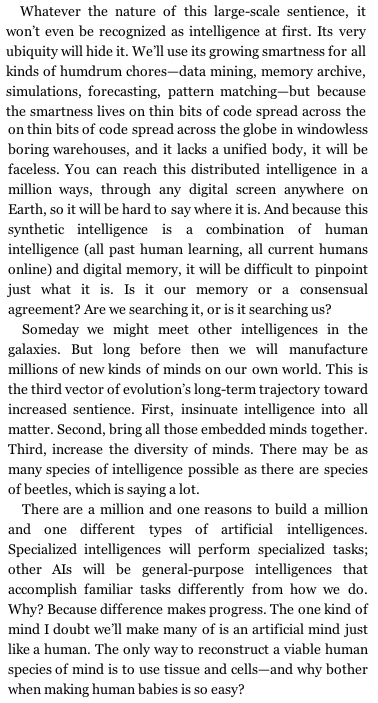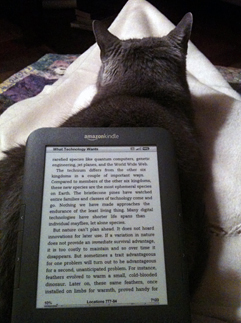 I dove right in to this excerpt of an N+1 article posted on Slate over the holiday weekend:
I dove right in to this excerpt of an N+1 article posted on Slate over the holiday weekend:
Having not broken into either literary culture myself, I admit that my reading was at first simply an exercise in seeing how both halves lived. But as I made my way through the piece, I kept testing the substitution of the word “music” (in the new/academic-ish/non-commercial sense) for “fiction” and wondered if we could make a similar case for the state of things. Be sure to get beyond the first page, because the article moves its focus rather quickly from the impact of the MFA on the student to examining it as “the system within which she earns (or aspires to earn) her living: MFA or NYC.” For instance:
But what’s remarked rarely if at all is the way that this balance has created, in effect, two literary cultures (or, more precisely, two literary fiction cultures) in the United States: one condensed in New York, the other spread across the diffuse network of provincial college towns that spans from Irvine, Calif., to Austin, Texas, to Ann Arbor, Mich., to Tallahassee, Fla. (with a kind of wormhole at the center, in Iowa City, into which one can step and reappear at the New Yorker offices on 42nd Street). The superficial differences between these two cultures can be summed up charticle-style: short stories vs. novels; Amy Hempel vs. Jonathan Franzen; library copies vs. galley copies; Poets & Writers vs. the New York Observer; Wonder Boys vs. The Devil Wears Prada; the Association of Writers and Writing Programs conference vs. the Frankfurt Book Fair; departmental parties vs. publishing parties; literary readings vs. publishing parties; staying home vs. publishing parties. But the differences also run deep. Each culture has its own canonical works and heroic figures; each has its own logic of social and professional advancement. Each affords its members certain aesthetic and personal freedoms while restricting others; each exerts its own subtle but powerful pressures on the work being produced.
So too in the worlds of music we chat about around here, no? I seem to have had more than a few conversations of late about the pros and cons of composing inside the new music hubs like NYC and the Bay Area vs. working on the campuses of various academic institutions, and it seems to me that the cultures/pressures remain somewhat similarly divided, even if along slightly different fault lines. I’m curious about the impact this has had/is having/will have on the work being produced across time. If McGurl had been charting music along similar lines, how would it play out?
I could quote seven more passages from the article that piqued my interest along these lines, but instead I’ll just add one more and then let you read it for yourself. Then come back, because I’m curious what your impressions are re: the music parallels. And if you don’t feel this type of aesthetic/economic model is where we are now, is it where we are heading? And are you alright with that?
One could even suggest that, in the absence of a contemporary American canon produced by the critics in the English department (that one consists only of Toni Morrison), the writers in the MFA program have gone ahead and built their own–as well as the institutional means to disseminate, perpetuate, and replenish it. This canon centers on short works, and distinguishes itself from the New York canon in other ways. While it still avails one to be a white guy in NYC, at least at the top of the market where Franzen, DeLillo, and Roth reside (and where the preferred ethnic other remains the Jewish male), the MFA canon has a less masculine tone, and a more overt interest in cultural pluralism. And while the New York list updates itself with each new copy of the Times Book Review, the MFA canon dates back, with pointed precision, to 1970–the year of the earliest story in both the Vintage and Scribner anthologies. NYC remembers the ’70s not at all, and the ’80s only for the coke, but the MFA culture keeps alive the reputations of great (Ann Beattie), near-great (Joy Williams), and merely excellent writers whom publishing has long since passed by.





 What Technology Wants was the first book I purchased for my Kindle, and considering I’m a feet-dragger when it comes to new tech tools (the reader was a gift from my husband) the reverse concept was never far from my mind as I read: Yeah, and what about what I want from technology?
What Technology Wants was the first book I purchased for my Kindle, and considering I’m a feet-dragger when it comes to new tech tools (the reader was a gift from my husband) the reverse concept was never far from my mind as I read: Yeah, and what about what I want from technology?